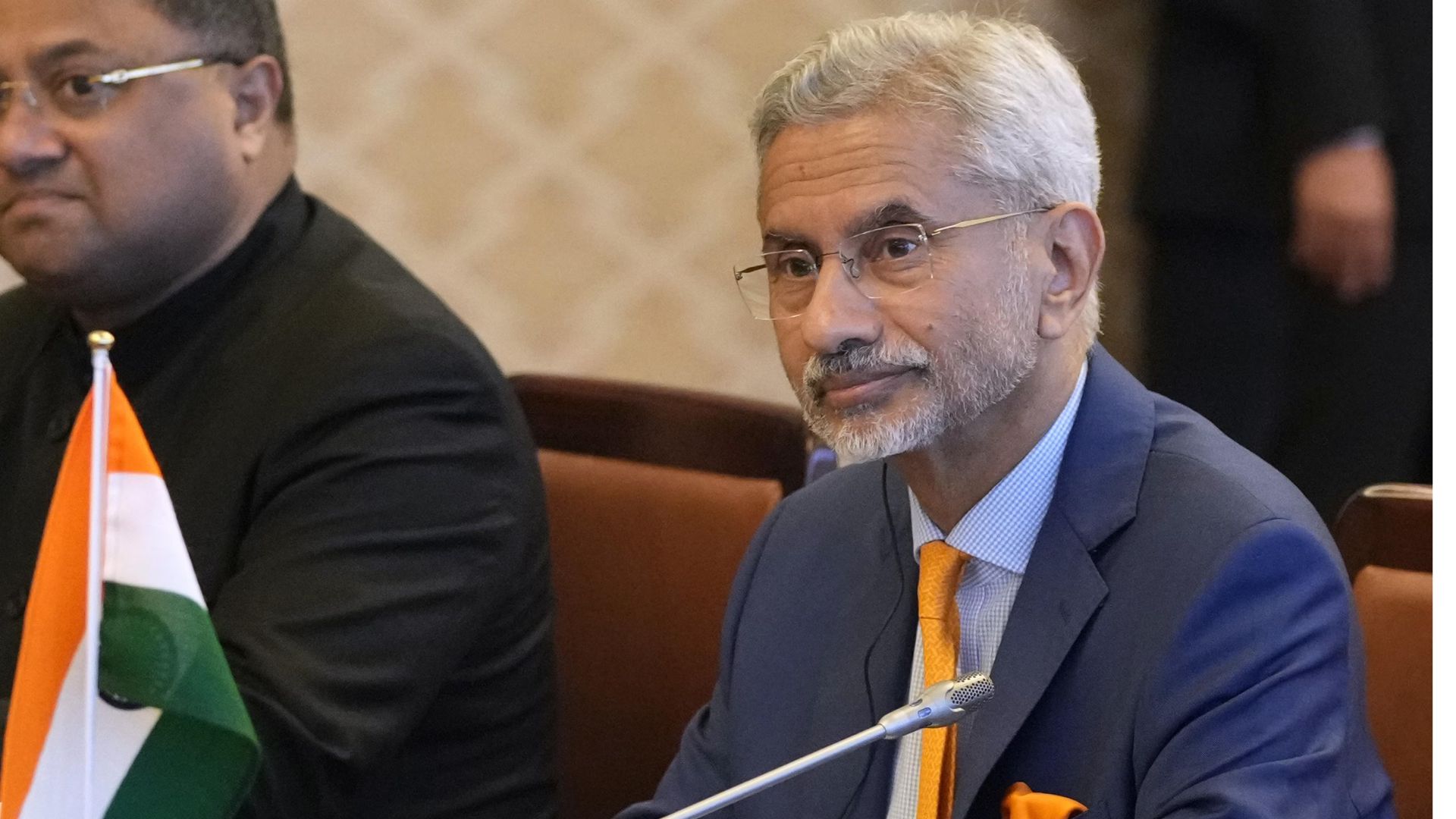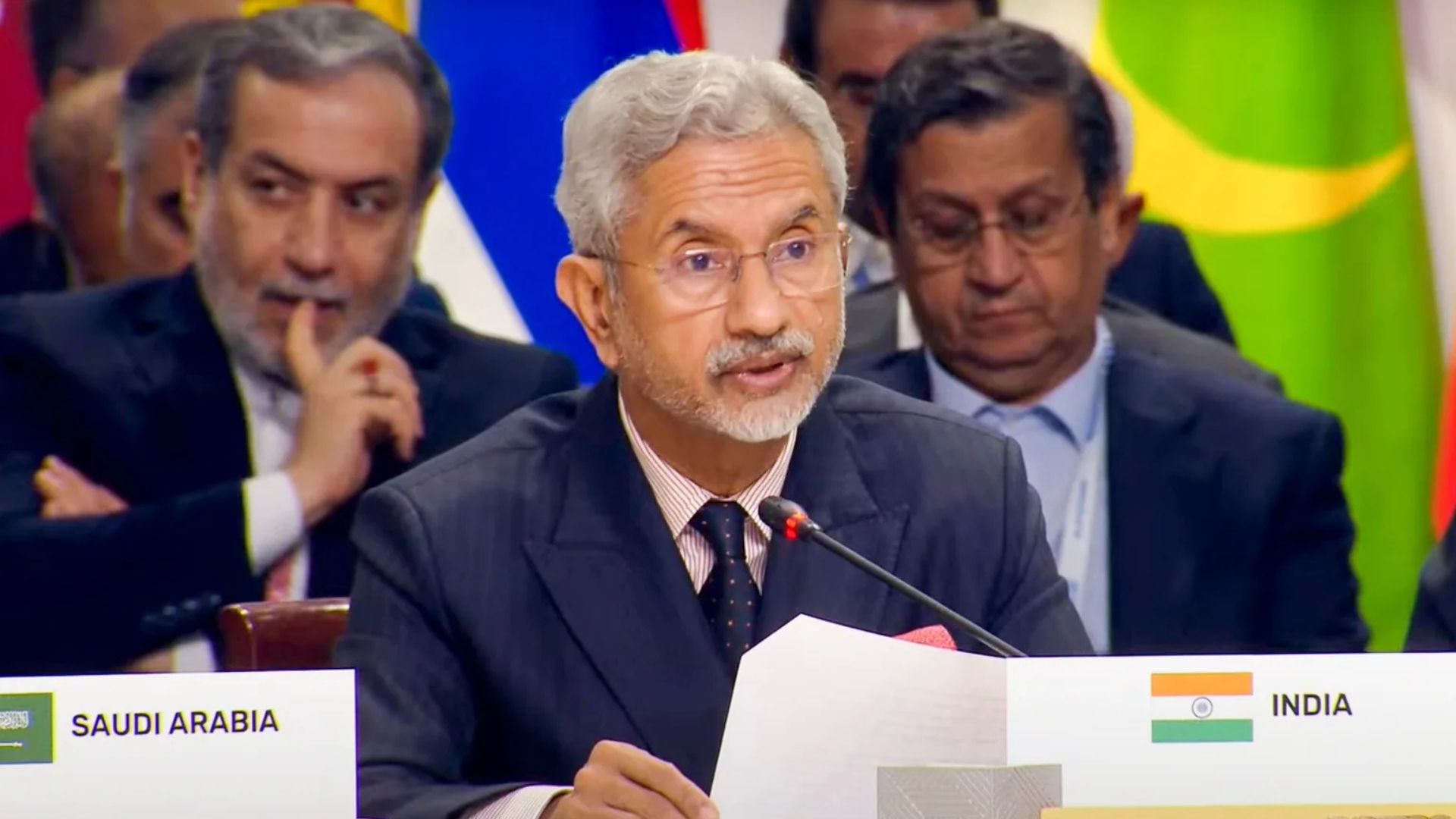
Those of us who live in a city are usually exposed to noise of some kind. There is the sound of vehicular traffic, construction work, the whir and hum of appliances and gadgets, and television and music players. Such noise has become so much a part of urban life that many people do not even notice it unless it is too loud for comfort. What they also do not notice are the sounds they do not hear because of the pervasive noise – that of wind blowing through trees, the buzz of insects, the chirping of birds…
Noise pollution is often overlooked compared to other forms of pollution, but it can do significant harm to human health and the environment. Continuous noise can disrupt sleep patterns, leading to insomnia, fatigue, and increased stress levels. Chronic exposure to noise pollution has been linked to elevated levels of anxiety, depression, and other mental health issues.
Nevertheless, some people are addicted to noise. Silence makes them uneasy. They have the television on all the time, even when no one is watching it, because they find the constant noise from it reassuring. It gives them the feeling that they are not alone. Then there are the other gadgets that science has given us, including the mobile phone and the portable music player. Many people seem to have earphones on all the time. They appear to be in a world of their own, heedless of what is happening around them. Sometimes this has tragic consequences. People have been run over when crossing roads, with their earphones making them deaf to the sound of approaching vehicles.
Physical noise apart, the buzz within our minds too can do great harm. When we are pulled by desires, agitated by anger, or otherwise distracted by a weakness, the commotion within does not allow us to notice the finer aspects of our thoughts and feelings. We are unable to calmly examine why we are thinking or feeling in a certain way. Are our motives clean… are we jumping to a possibly erroneous conclusion on the basis of limited information or prejudice… could I have spoken or behaved in a better way in a particular situation? Such self-examination and the learning and maturity it brings are impossible if we are always distracted by thoughts and feelings which we cannot control.
This is why silence – both physical and mental – is important. When we travel from a city to a quieter place in the countryside, the sounds of nature become more audible. These sounds soothe the mind and calm the senses, relaxing both body and mind. The experience is therapeutic. Mental calm can have a stronger effect. It can be experienced in any place at any time. We do not have to make a long trip to find it. All it requires is the will to make time for it and practice it.
Sitting quietly, reflecting on what is going on in the mind, makes us aware of the subtle process by which thoughts and feelings arise. Honest introspection enables us to identify our weaknesses and find ways to become free from them.
Meditation is a step further than silent contemplation. We create positive thoughts for the self and others, based on recognition and acceptance of the fact that every human soul is originally good, regardless of the story they are going through at present. When we do this regularly and purposefully, the results are rewarding. The quality of our consciousness changes. We become a friend and guide to the world, open, helpful, and trusting – and also trustworthy. We are no longer defensive or on the offensive, out of fear or suspicion. We find that life is a lot less complicated and much more enjoyable than we had made it.
B.K. Sheilu is a Rajyoga teacher at the Brahma Kumaris headquarters in Mount Abu, Rajasthan.















